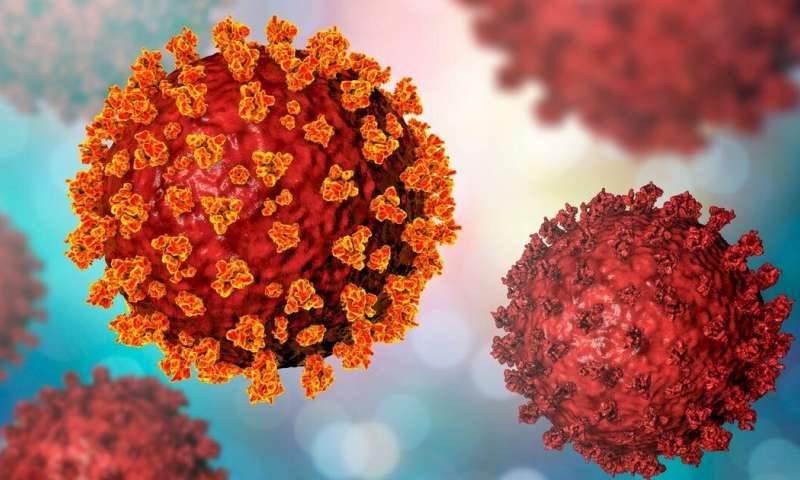Switzerland gave the green light Tuesday to the Moderna vaccine against the new coronavirus—after being the first country in continental Europe to start using the Pfizer-BioNTech jab.
The Swissmedic regulatory authority said the Moderna vaccine had shown high efficacy and could be administered immediately to those aged 18 and over.
The neighbouring European Union gave its approval to the US firm’s vaccine last Wednesday, followed by Britain on Friday.
“Swissmedic has today temporarily authorised the Moderna vaccine,” the agency said in a statement.
“This means that a second COVID-19 vaccine has satisfied the strict requirements for safety, efficacy and quality and can be used with immediate effect in Switzerland.”
It said the Moderna vaccine was 94 percent effective from two weeks after the second dose.
Some countries are delaying the second injection of vaccines that require two doses in order to maximise the number of people given some degree of protection through a first injection.
But Swissmedic said it recommended sticking to the one-month interval for the Moderna vaccine rather than deferring the second dose and cautioned against mixing between two different vaccine types.
Health Minister Alain Berset tweeted that the first 200,000 Moderna doses would be delivered by the end of Wednesday.
Switzerland on December 23 became the first country in continental Europe to start using the Pfizer-BioNTech vaccine in its mass immunisation programme against the coronavirus pandemic.
Variants on the march
The country of 8.6 million people has seen coronavirus infections gradually decrease from a spike in early November.
However, the government remains concerned and is likely to confirm Wednesday that the restrictions it has imposed will be extended until the end of February.
Nearly 485,000 people have tested positive for the virus, while 7,753 people have died.
Patrick Mathys, the health ministry’s crisis management chief, told a press conference that Switzerland’s infection rates were still troubling despite decreases in deaths and hospitalisations.
He voiced concern about the spread of new, seemingly more contagious variants of the virus first detected in Britain and South Africa.
Some 127 such cases have been found so far in Switzerland—and rather than just being imported cases, the strains are now spreading domestically, he said.
Mathys estimated that five to six percent of positive tests in Switzerland were now linked to these variants—up from 1.4 percent in the first week of January.
Switzerland has secured around 15.8 million eventual COVID-19 vaccine doses, in deals with three manufacturers.
It has signed contracts for around three million doses from Pfizer-BioNTech, around 7.5 million from Moderna, and around 5.3 million from AstraZeneca.
With each of the three different vaccines, two doses are required per person.
By January 18, Switzerland should have received enough Pfizer and Moderna doses to vaccinate four percent of the adult population with both shots, the health ministry said.


